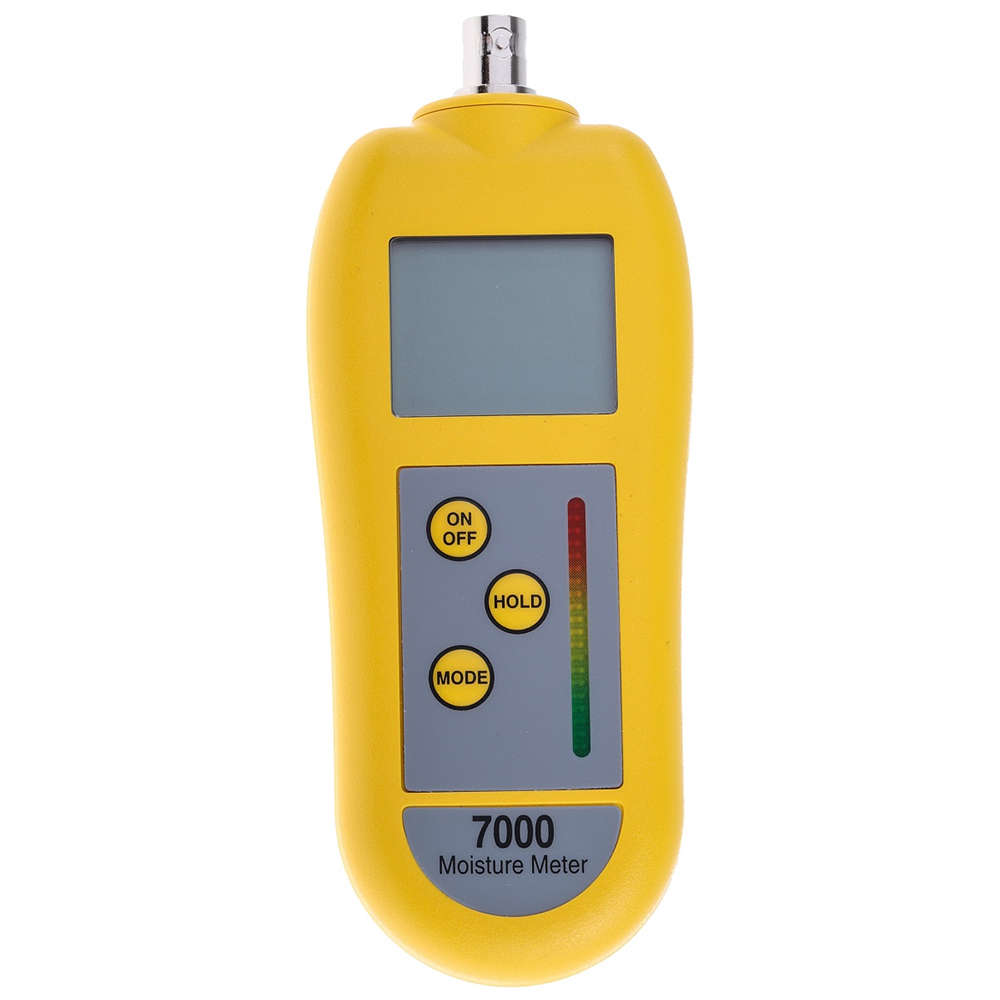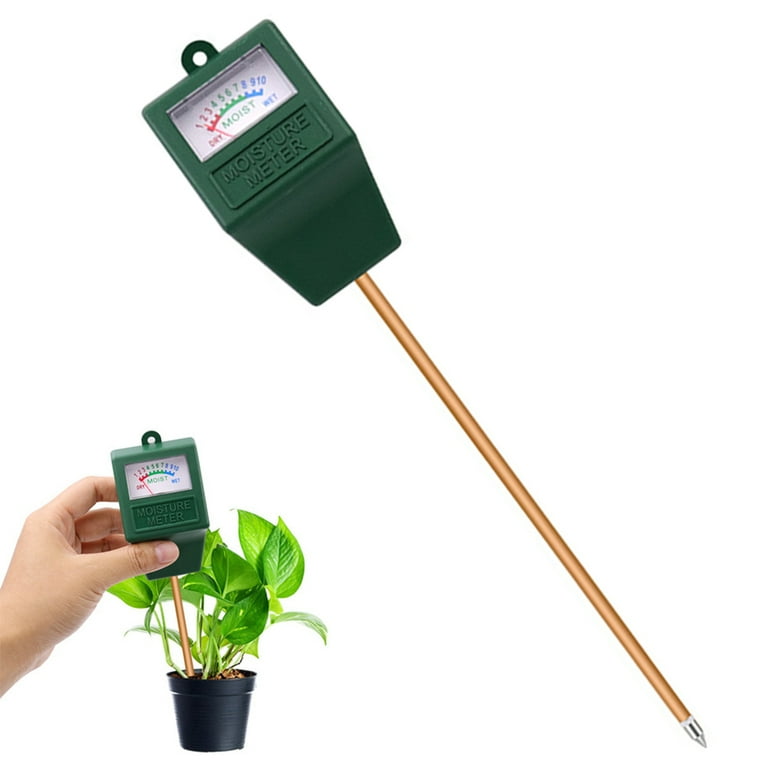Moisture Meter Acquiring Overview: What to Seek in High-Quality Instruments
Moisture Meter Acquiring Overview: What to Seek in High-Quality Instruments
Blog Article
The Ultimate Overview to Wetness Meters: A Comprehensive Summary and Exactly How They Can Save You Cash
In the realm of building upkeep, construction, and various sectors, the significance of properly measuring moisture degrees can not be overemphasized. Wetness meters work as important tools in finding and monitoring moisture web content in products, helping in stopping costly damages and guaranteeing the top quality of products. Comprehending the subtleties of various kinds of dampness meters, their applications, and the potential cost-saving benefits they supply can be a game-changer for businesses and specialists alike. Finding how these gadgets can not only enhance processes but additionally add to economic savings is a journey worth starting.
Sorts Of Wetness Meters
Numerous sorts of moisture meters are offered for various applications in various markets. One usual type is the pin-type moisture meter, which determines the electric resistance in between 2 pins put into a product. This type is appropriate for wood, drywall, and other building products. Pinless wetness meters, on the other hand, use electro-magnetic sensing unit plates to check a bigger location without causing damages to the material's surface. Moisture Meter. These meters are optimal for promptly analyzing moisture levels in large areas such as floorings and wall surfaces.

In addition, there are likewise specialty moisture meters created for particular products like dirt, hay, or grain. These meters provide accurate dampness readings customized to the one-of-a-kind residential properties of the product being checked. Infrared moisture meters gauge the thermal residential or commercial properties of a product to establish its moisture material non-invasively, making them helpful for applications where pin or pinless meters might not appropriate. Understanding the various sorts of wetness meters offered can help sectors pick one of the most ideal device for their details dampness dimension requirements.

Benefits of Using Moisture Meters
Dampness meters offer vital advantages in precisely assessing and monitoring wetness levels in diverse products and atmospheres. One of the main advantages of using moisture meters is the prevention of prospective damages created by excess dampness.
Moreover, making use of wetness meters can lead to raised power effectiveness. In agricultural settings, wetness meters play a critical role in optimizing plant yields by allowing farmers to check soil dampness degrees and make notified watering decisions.
Exactly How to Choose the Right Wetness Meter
When selecting a dampness meter, it's crucial to guarantee that the meter is appropriate for the certain product you will certainly be screening. Various products have differing electrical properties that can affect moisture readings, so selecting a meter created for your product is crucial for exact outcomes. By meticulously reviewing these elements, you can choose a moisture meter that meets your needs and offers precise dampness dimensions for your projects.
Appropriate Strategies for Wetness Meter Usage

Cost Savings Through Moisture Meter Applications
Just how can the strategic application of click here now wetness meters lead to significant price financial savings across numerous markets? In the agriculture sector, moisture meters help in figuring out the optimal time for collecting crops, preventing excess or over-drying wetness that can influence the final item's high quality.
Similarly, in building and construction, wetness meters aid stop costly problems by discovering moisture degrees in building materials, such as timber or concrete, which can result in structural problems if not attended to promptly. By recognizing problem locations at an early stage, contractors can take rehabilitative measures to prevent extensive fixings or replacements, ultimately conserving money and time.
Moreover, in the food processing sector, moisture meters are necessary for monitoring product high quality and making certain compliance with security laws. By precisely gauging dampness content in food, manufacturers can stop putridity, preserve quality, and reduce waste, leading to substantial price savings. In general, the critical application of moisture meters is an important investment that can bring about substantial cost reductions and enhanced effectiveness throughout numerous sectors.
Conclusion
In final thought, dampness meters are beneficial tools for spotting and measuring wetness levels in different materials. By using the best moisture meter and following proper techniques, users can properly protect against pricey problems brought on by excess moisture. Purchasing a quality dampness meter can cause considerable expense savings in the long run by recognizing possible problems at an early stage and enabling punctual removal. Eventually, moisture meters are essential tools for preserving the integrity and long life Read Full Article of materials and frameworks.
Wetness meters offer as crucial tools in discovering and monitoring moisture content in products, assisting in protecting against pricey damages and guaranteeing the high quality of products. Infrared dampness meters measure the thermal properties of a material to establish its dampness content non-invasively, making them useful for applications where pin or pinless meters might not be ideal.Dampness meters use very useful advantages in precisely examining and keeping track of moisture degrees in varied materials and environments. In agricultural settings, wetness meters play an important role in enhancing plant returns by enabling farmers to check soil dampness degrees and make educated watering decisions.In verdict, wetness meters are beneficial devices for measuring and detecting dampness degrees in different products.
Report this page